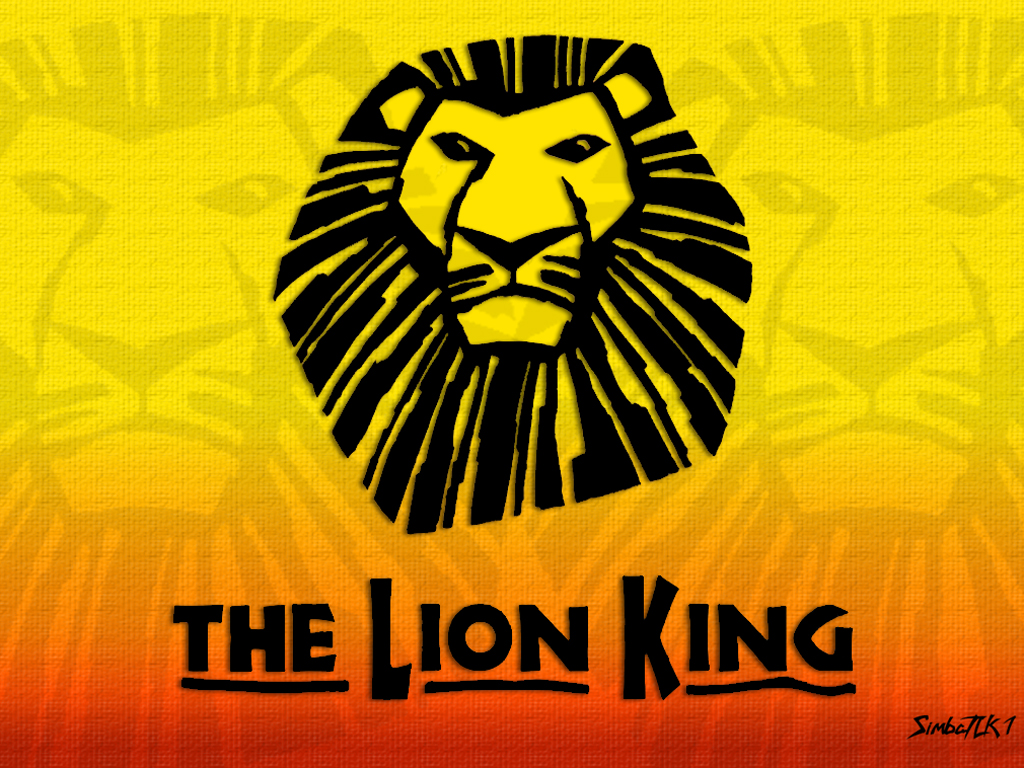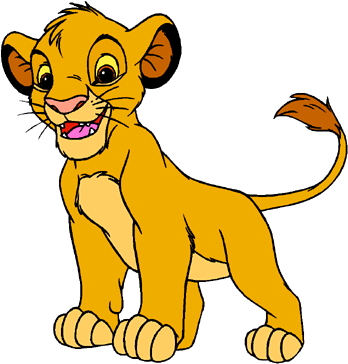Comparative Analysis
"Hamba" (Hamlet + Simba)





"The Lion King" was a far better representation of Hamlet even though it was the modern version because it included a more perfect balance of tragedy (with Mufasa's death) and success (with Simba becoming the victorious king and continuing the "circle of life"), whereas Hamlet was predominantly heartbreak and relentless desolation. The animated flick was a more accurate vision of life and death, despite its animated decor, anthropomorphized animals, and odd interactions.

Disney's, "The Lion King," an adaptation of William Shakespeare's, Hamlet, is the story of the "circle of life." Beginning with the birth of Simba, the movie embodies symbolically similar characters to that of Hamlet. The death of Simba's father, Mufasa, at the start of the movie was planned out by Scar, the king's brother, in order to assume the thrown. Scared, believing he was responsible for his father's death, Simba fled claiming he would never return, while Scar basked in his stolen authority. Upon making friends and growing up far from his homeland of Pride Rock, Simba learns of Scar's transgressions through his father's spirit and plans to avenge his death with the song, "I just can't wait to be king!" Meanwhile, Scar is destroying what was left of the lands as an evil dictator. With Simba's homecoming, he turned Scar's loyal army of silly hyenas against him, and eventually forced Scar to fall to his deserved death after all the animals were aware of his crime. Simba becomes the rightful king and the "circle of life" is completed with a newborn male lion and a sunrise of a new optimistic day to come.
Although there is a clear parallel between the play Hamlet and the movie, "The Lion King," the adaptation was made for a family audience so young children can also be included; therefore, with a milder plotline and the "happily ever after" conclusion, the darker themes of Hamlet were for the most part forgotten and the movie itself can stand on its own. Hamlet relied heavily on the themes and ideas of vengeance, murder, and selfish motivations; however, the only theme truly explicitly represented to "The Lion King" audience was the selfish agenda Scar had to become king by murdering his brother. Even this simple reference was stifled by Simba's retaliation, which was glorified through song and dance about becoming the next king after Scar was out of the picture for good. All actions in the movie were justified. In addition, animals, especially lions, are expected to be a bit more vicious than humans; therefore, the occurrence of death is more inevitable in "The Lion King" than in Hamlet.
"The Lion King" can stand on its own as a classic childhood movie that represents some common morals, such as "good always conquerors evil" and, as Simba puts it, "Step down... or fight!" Functioning on its own, this movie represents a small lion persevering against all odds and acting out for the common good of all the lions and other animals of the kingdom, whereas Hamlet is a tragedy, leaving most of the characters, both protagonists and antagonists, deceased at the end, including Hamlet himself. The film also is a circular narrative that teaches children of birth, rebirth, and death, some natural life occurrences in a foreign setting. Choosing to use Africa as the setting for this animation was a great learning tool as well because the grandiose and vivid color and abundance of exotic animals made children engrossed in the piece. The light versus dark aspects of the film forced kids into realizing the difference between good and bad and how to triumph when unethically wronged.


In reference to the original, Hamlet, "The Lion King" is clearly not a tragedy, and although life does not always have a happy ending like the Disney film depicted, Shakespeare's original version ends in almost complete and utter despair. In a way the story was almost static with constant betrayal, sadness, and murder, which is increasingly depressing and morbid and not totally accurate either. In retrospect, Hamlet was actually really naive and made impromptu decisions that caused far more destruction than good. For example, when he blindly stabbed Polonius through the curtain while he was talking to his mother, he instigated far more chaos to ensue because Polonius' blood was now on his hands and his head on the chopping block. If he had simply checked behind the curtain initially, he probably would have been alive at the end of the story, still attempting to avenge his father by killing the evil Claudius. This play was a string of random, extensively coincidental actions linked together; creating some sort of hectic story that was taken to rather drastic and unnecessary measures.
"The Lion King" changes my perspective on Hamlet because as an allegory, it represents some of the major people in any individual's life (such as Rafiki, meaning friend and Nala meaning gift), and throughout the movie, they continue to embody those roles. Everyone has a constant friend in their lives, assisting them relentlessly, and a person they consider a gift, who changes their life in a more positive direction. At the same time, you can replace characters from Hamlet with characters from "The Lion King," for instance, Mufasa is Hamlet's father and Nala is Ophelia. This is interesting because you really can parallel these two seemingly very different stories. I did not realize "The Lion King" was based on the plotline of Hamlet until I read the book, which gave me a new perspective on what the stories represented and how they interact with one another. You can see the contemplation in both Simba and Hamlet's minds as they plan their courses of revenge against their uncles and how both characters do embody naivete that only Simba has the chance to outgrow. However, if a lesson were to be learned, it would probably be found in the morals "The Lion King" has to offer.

Looking deeper in to Hamlet I realize it is just too far-fetched to truly believe it. Any son, believing his father was unrightfully killed, would have exposed his death to society, but of course reckless Hamlet chose to use the most round-a-bout procedure in uncovering his uncle. In "The Lion King," the young Simba was tricked into feeling responsible for his father's death, so he fled, but once he realized Scar's deception, he immediately returned to Pride Rock to attain what was rightfully his and restore his lands. In reality, Simba was far braver and smarter than Hamlet ever was because the lengths he went to reestablish his old life in the name of his father were phenomenal. Hamlet was known to be crazy and insane because of his self-destructive thoughts, which drove Ophelia to her death. Almost all the actions in this play seem to be the most extreme and radical of behaviors, which is frankly unrealistic.
Personally, "The Lion King" adaptation made Hamlet seem impractical even though the characters were animated and cartoonish, singing and dancing in the beautiful and vibrant Serengeti. Despite the fact that, lions, the main and most powerful predators of the lands, and other hunted animals do not actually have a cohabited and mutually beneficial relationship, as depicted in the movie, the actions and mannerisms in reaction to the plot was more convincing than those of Hamlet.





Works Cited:
- Giddings, Seth. "The Circle of Life: Nature and Representation in Disney's The Lion King." University of the West of England 49 (1998): 1-18. PDF file.
- Kjos, Berit. "The Spirit Behind The Lion King." Crossroad. N.p., n.d. Web. 22 Mar. 2012. http://www.crossroad.to/text/articles/tsbtlk96.html.
- Mabillard, Amanda. "An Analysis of Hamlet, the Prince of Denmark." Shakespeare Online. N.p., n.d. Web. 22 Mar. 2012. http://www.Shakespeare-online.com/plays/hamlet/hamletcharacter.html.





Links to other Sources:
ENG1131 Home Page.
Blog Home Page.
Hypertext Close Reading: "How to Tame a Shrew"
Final Research Project




